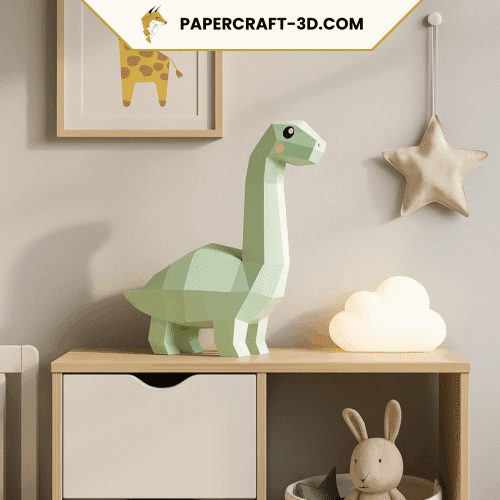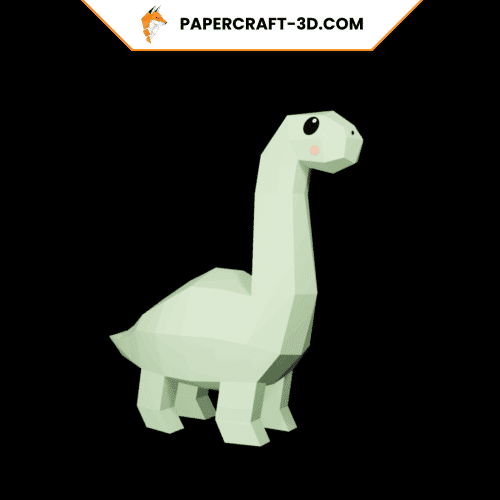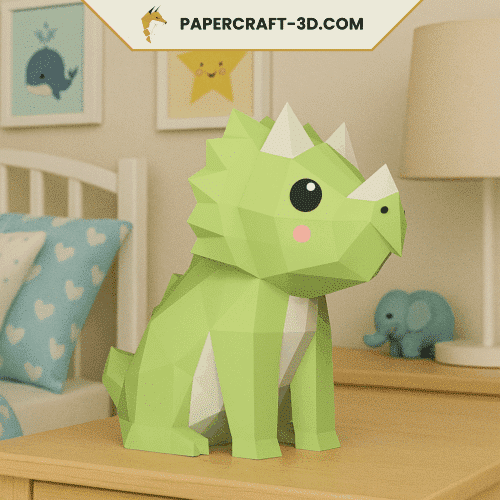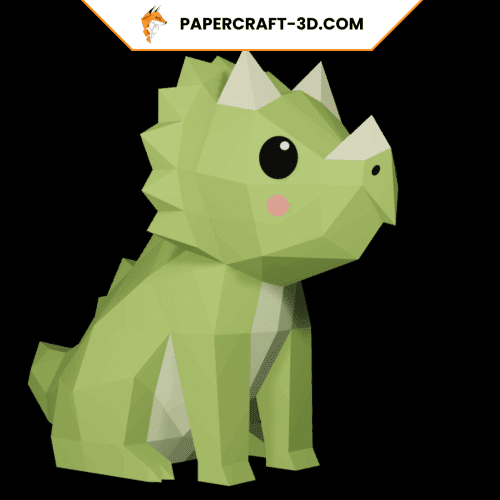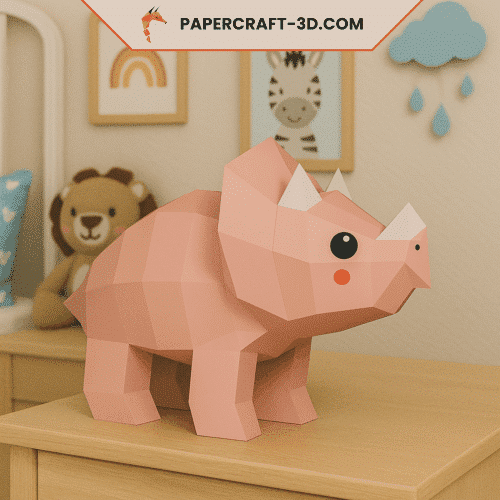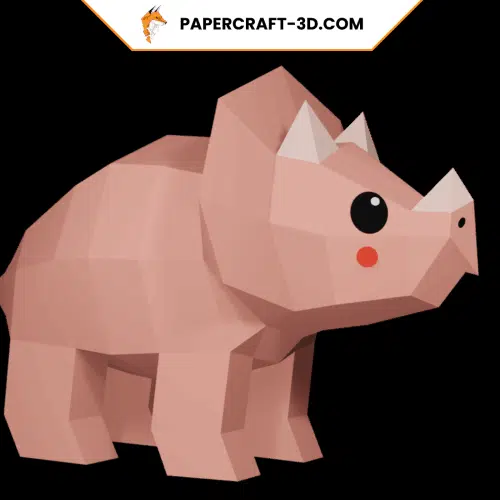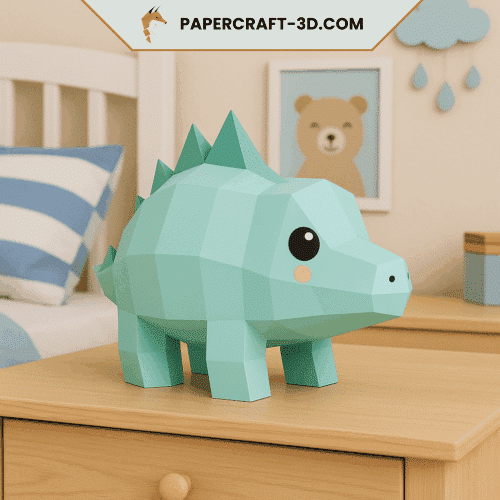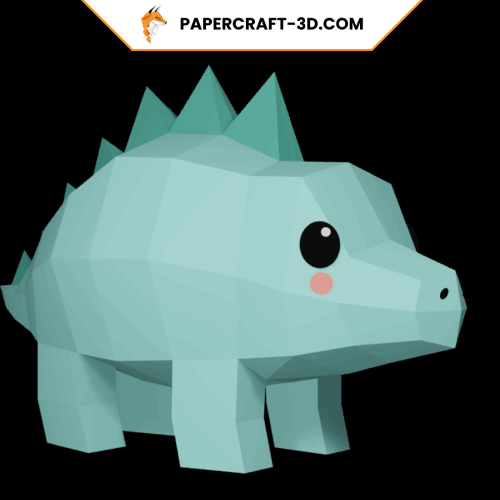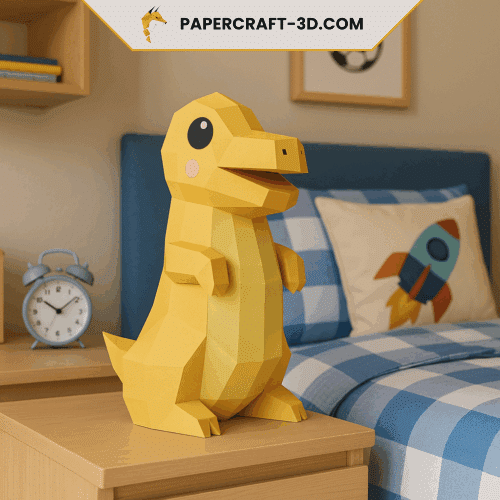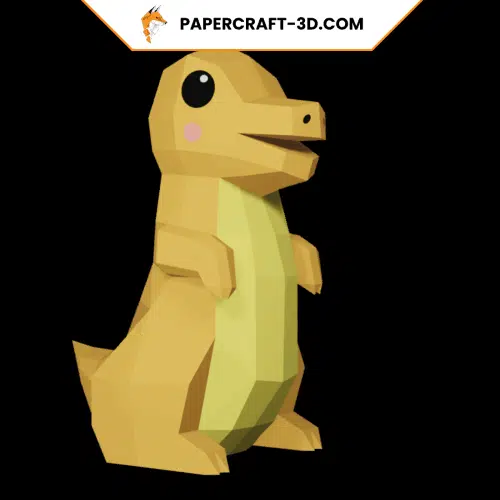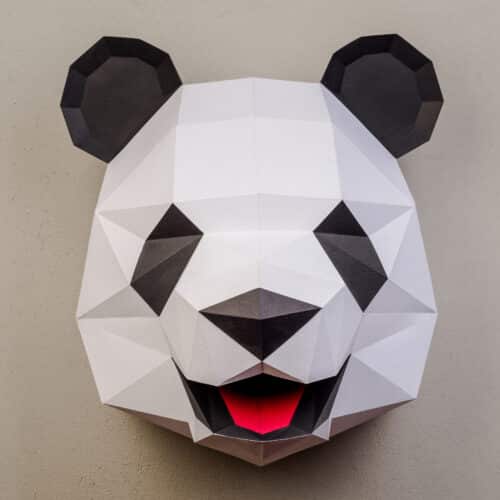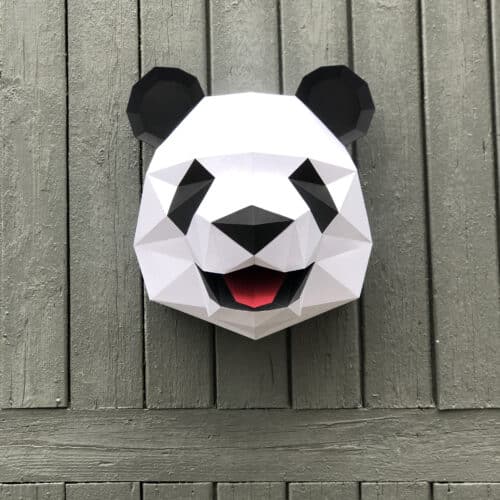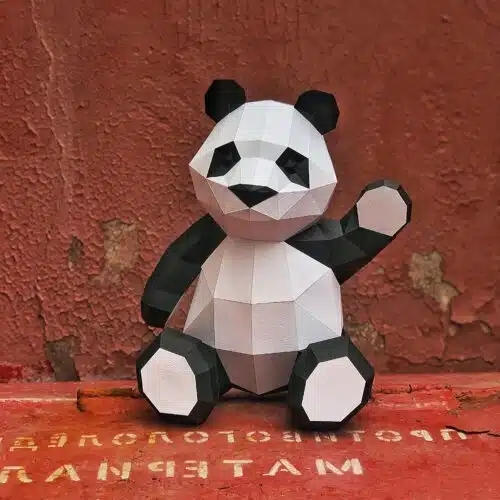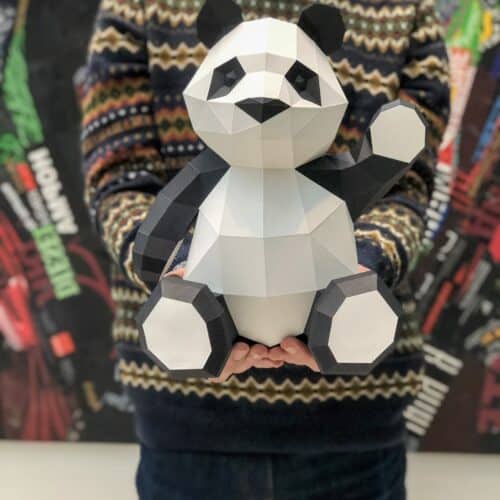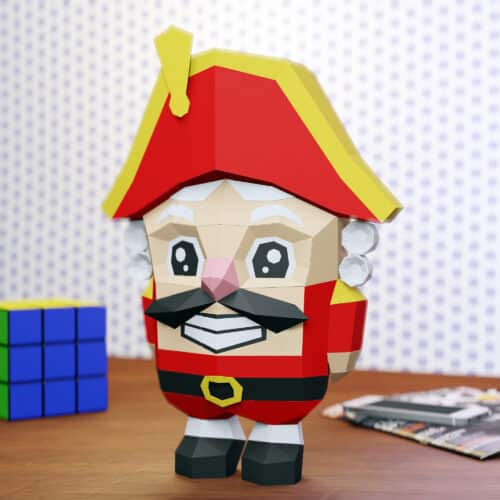Are you one of the 70% of French people who discovered the pleasure of creative activities during the confinement of 2023? Would you now like to organize your own creative workshop at home, but don’t know where to start? Don’t panic! This article is here to help. It will guide you step by step to set up a successful workshop, suitable for beginners. From the organization of the workspace to the choice of activities and the selection of the necessary materials, everything will be covered. Ready to unleash your creativity?
| Key points to remember |
|---|
| Preparation is essential: choosing the right venue and organizing the space can increase your productivity by 40%. |
| Select creative activities suitable for beginners: we’ll suggest the top 3 according to a survey by “Atelier Créatif Magazine”. |
| Having the right equipment is crucial: a study shows that 63% of beginners have difficulty choosing their equipment. |
| Our 3D Papercraft kits can be a great option for getting started without breaking the bank. |
Preparing a creative workshop at home
The first step to organizing a creative workshop at home is preparation. Good preparation can make all the difference between a stressful activity and an enjoyable experience. According to experts in the field, good organization can increase productivity by 40%. So how do you prepare?
Choice of location
First, choose the location for your workshop. Ideally, it should be bright, quiet and spacious enough to accommodate all your materials and tools. The kitchen or living room may be a good option if you don’t have a dedicated room.
Space organization
The organization of space is also essential when preparing a creative workshop. Make sure that every tool and material has its place. You can use boxes or drawers to organize your supplies by category: paints, brushes, scissors… This will not only help you stay organized, but also save you time from constantly searching for what you need.
- Tidy up: Putting your tools away after each use helps keep your space clean and organized.
- Sorting: Regularly sorting your materials helps avoid clutter and makes it easier to choose supplies for future projects.
- Adapt: The space must be adapted to the chosen activities. For example, if you plan to paint, make sure the space can be easily cleaned or protected with a tarpaulin.
Now that you’ve prepared your creative space at home, it’s time to think about the activities you want to do!
Choosing your creative activities
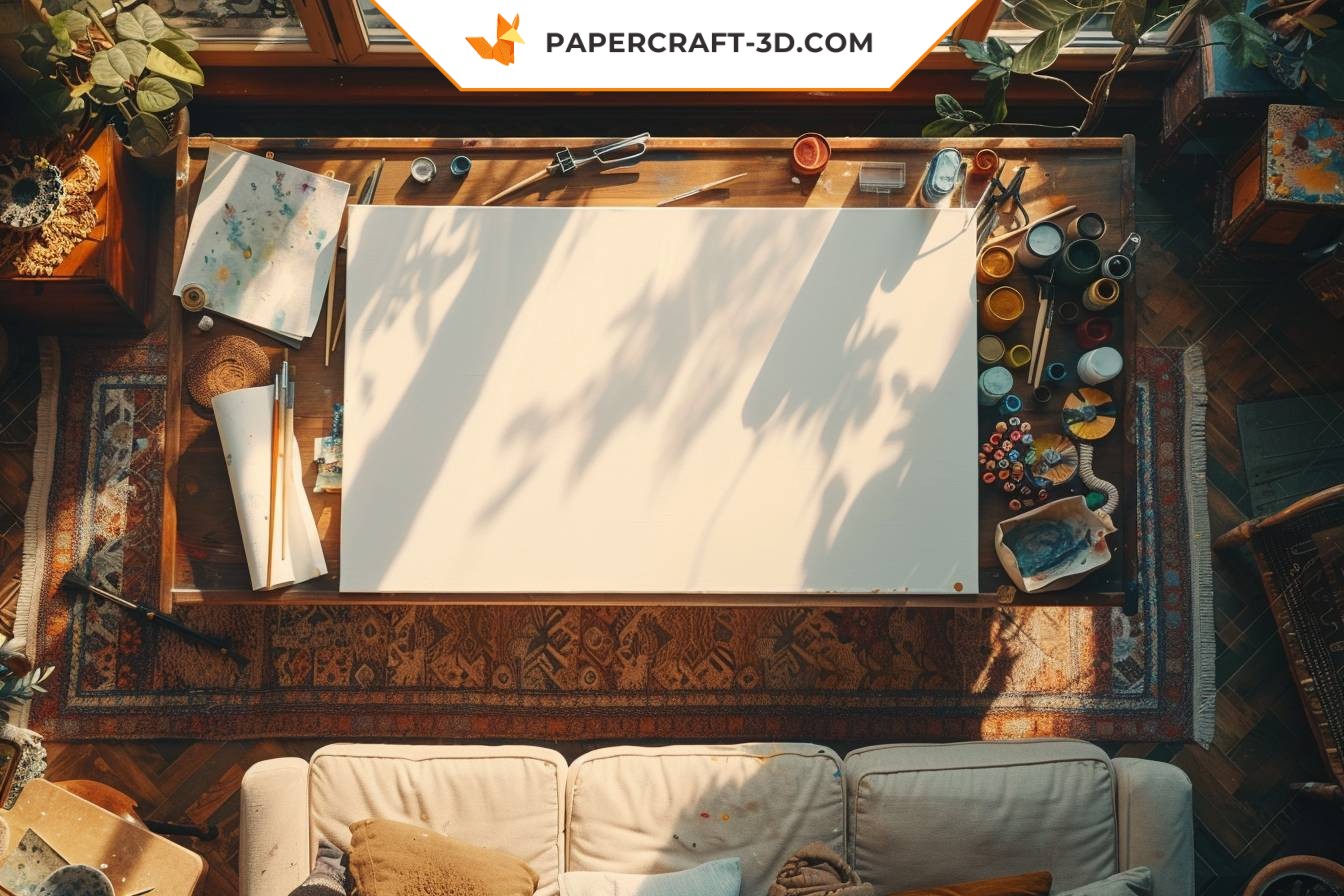
Before diving into the world of brushes and colors, it’s essential to choose the right creative activities. Don’t worry, we’ve got a few ideas to get you started.
3D Papercraft
3D papercraft has become all the rage in recent years. It’s the art of creating three-dimensional objects from simple sheets of paper. It’s a great way to learn the basics of 3D design while having fun. What’s more, it’s an activity that doesn’t require much in the way of materials: a pair of scissors, cardboard and a little glue are all you need.
Painting on canvas
Painting on canvas, a timeless classic. You can start with simple techniques such as acrylic paint or watercolor before moving on to more complex techniques such as oil or pastel.
Sewing and embroidery
For those who like to work with their hands, sewing and embroidery are two excellent options. Not only can you improve your manual dexterity, but you can also create unique, personalized pieces.
| Activity | Level required | Equipment required |
| 3D Papercraft | Beginner | Cardboard, scissors, glue |
| Painting on canvas | Beginner to intermediate (depending on technique) | Canvas, paints, brushes |
| Sewing and embroidery | Beginner to intermediate (depending on project) | Fabric, thread, needles/hooks |
With these suggestions in mind, are you ready to unlock your creative potential? Remember, the goal is not perfection, but rather the pleasure of the creative act itself. So go ahead, experiment and, above all, have fun!
Get properly equipped

A successful creative workshop is also a question of materials. Are you new to the world of arts and crafts? Don’t panic! We’ll help you draw up a list of the materials you’ll need to start your own creative workshop at home.
Basic equipment
To begin with, let’s focus on the must-haves, those little tools that prove indispensable whatever the project undertaken. Here is a non-exhaustive list:
- Scissors: Choose a sturdy, precise pair.
- Glue: A good all-purpose glue will do for most projects.
- Crayons and markers: An assortment of crayons, felt-tip pens and markers will always come in handy.
- Paper and cardboard: Vary textures and colors for greater creativity.
- Ruler and square: for precise measuring and drawing.
- Precision cutter or scalpel: For delicate or precise cuts.
Specific equipment according to the chosen activity
Now that you’ve got the basics, it’s time to adapt your equipment to the activities you’ve chosen. For example:
- Watercolor or acrylic paint: If you opt for paint, think about brushes, paint tubes and special watercolor or acrylic paper.
- DIY: Depending on your project, you may need a hot-glue gun, wire cutters, nails and a hammer.
- Sewing: If sewing is one of your chosen activities, don’t forget sewing thread, needles, fabric and why not a sewing machine if you want to take things further!
The important thing is to adapt your equipment to your needs, bearing in mind that a creative workshop is first and foremost a place for fun and learning. There’s no point investing in expensive equipment from the outset. Start small and gradually build up your collection as your skills improve!
Now you’re ready to organize your own creative workshop at home. So, are you ready to get your hands dirty? But before we get down to the nitty-gritty, let’s discover a solution that could make your first steps into the world of arts and crafts a whole lot easier…
Meet the fascinating world of 3D Papercraft kits
Have you ever dreamed of creating three-dimensional works of art, but didn’t know where to start? Papercraft-3D.com is here to help! Our online store offers an impressive variety of origami and 3D papercrafts. Whether you’re a curious novice or a passionate DIY enthusiast, our kits are suitable for all levels. Each kit includes all the necessary materials, detailed instructions and even a few tips to get you started. So why wait? Discover the joy of creation with our 3D Papercraft kits and turn your home workshop into a real artistic adventure.






